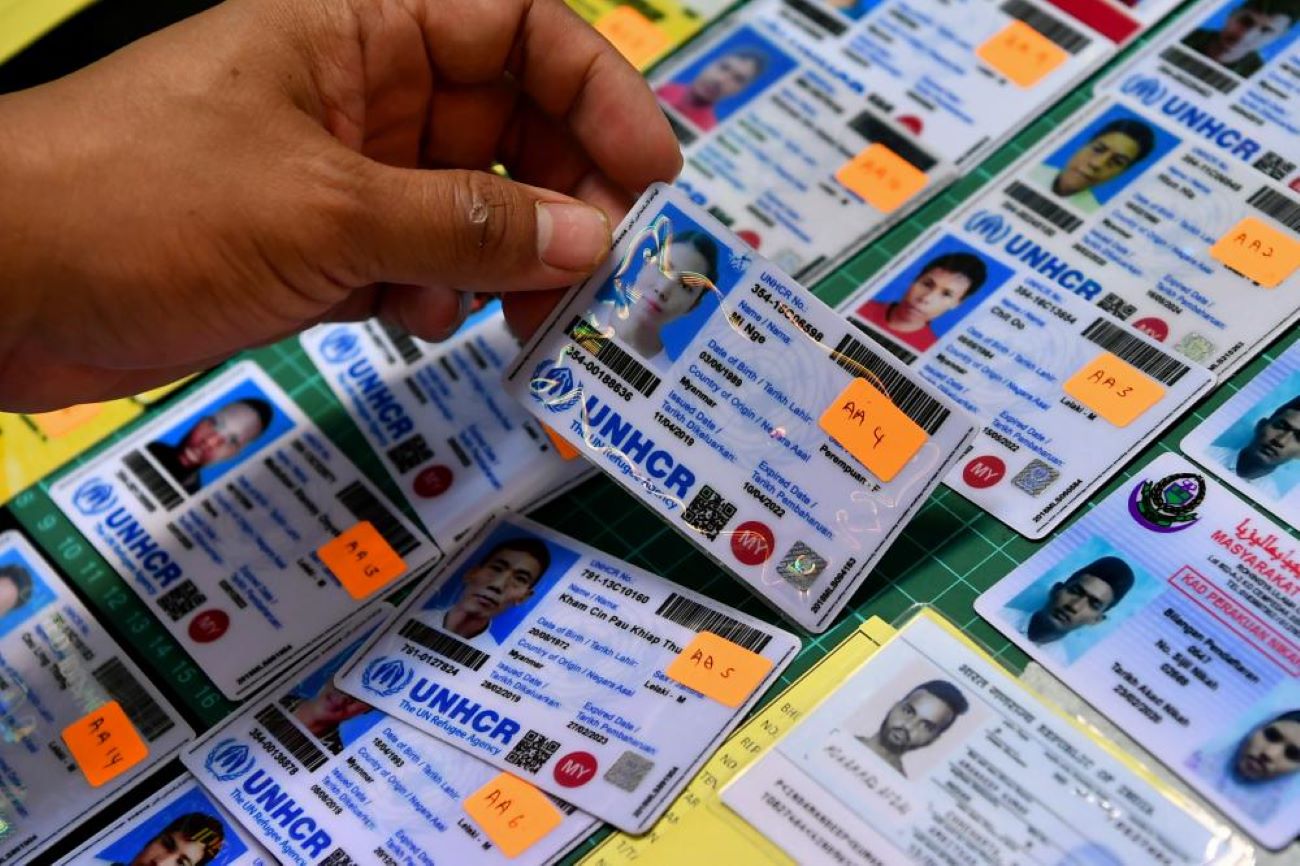CNI News
28 June 2024
If refugees were arrested, they wanted the Malaysian government to allow the UNHCR to enter the detainee camps, ethnic refugee organizations in Malaysia told CNI News.
When refugees were arrested, although officials from the UNHCR come to the detainee camps and could help release refugees, permission to enter the detainee camps has been banned by the Malaysian government since 2019.
Because banning the UNHCR to enter the detainee camps delayed to release asylum seekers and to resettle them, he wanted the Malaysian government to allow the UNHCR to enter the detainee camps, James Bawi Thang Bik, chairman of the Alliance of Chin Refugees, told CNI News.
" The UNHCR has not been allowed to enter the detainee camps. The UNHCR and NGOs have mainly demanded to allow them to enter the detainee camps. If they are allowed to enter, refugees can enjoy opportunities." he said.
Moreover, the Malaysian National Security Council suggested the government to close the UNHCR office in Malaysia in 2022.
As the UNHCR is not allowed to enter the detainee camps, if Myanmar citizens who have held the refugee cards are arrested, informing the UNHCR whether documents are correct or not is delayed. So, the refugees have to stay in the detainee camps for long reportedly.

The UNHCR card
"There are many difficulties. Whether migrants or refugees, they must work. Firstly, they are undocumented. They have no passports, no work permits. Because they didn't come with MoU, they find it difficult to apply for jobs. They face difficulty to go to hospitals or clinics. They are are very weak in the natters regarding laws. Some of them were arrested. They can't travel freely." said an official from the Arakanese Community Malaysia (ARRC) to CNI News.
The number of people who are registered as refugees with the UNHCR and the number of asylum seekers in Malaysia are nearly 190,000 and of them, there are over 160,000 from Myanmar, stated the UNHCR.
The figures were until April, 2024 and among over 160,000 from Myanmar, Bengali people are over 110,000, and Chin people, about 26,000 and, other ethnic people from conflict-hit areas of Myanmar, over 30,000, according to the statement.
65 percent of refugees and asylum seekers are men and 35 percent, women. The number of children under 18 is over 50,000, according to the UNHCR.




